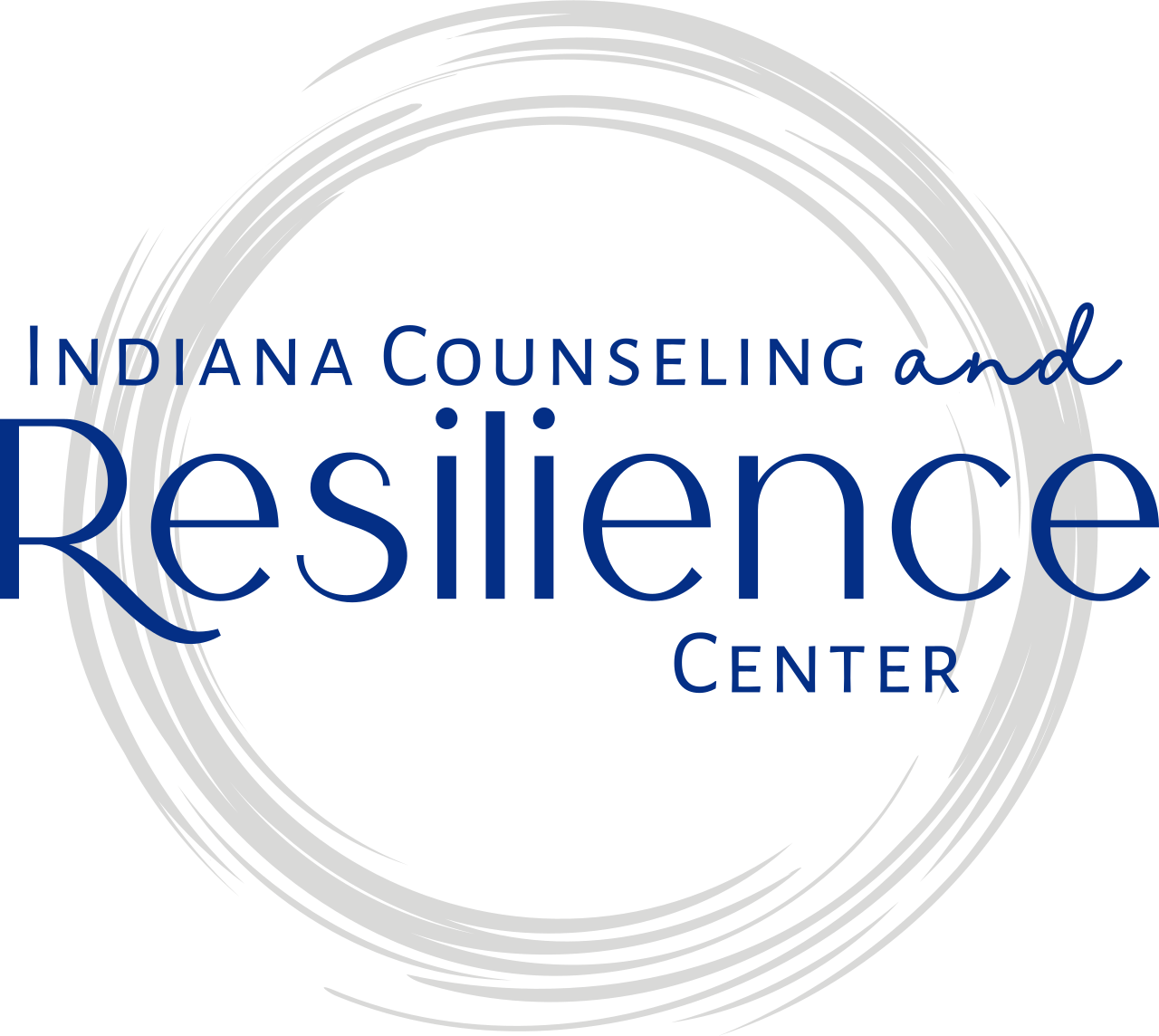Mindfulness & Meditation in Trauma Therapy in Indianapolis, IN
Mindfulness and meditation are both practices that involve paying attention to the present moment in a non-judgmental way. Both practices allow us to observe our thoughts and feelings in the present moment without judgment. Without attempting to change or fix it. Focusing on experiencing life as a human being rather than a human doing.
There Are Many Benefits to Mindfulness and Meditation, Including:
Reduced stress and anxiety
Improved sleep
Improved focus and concentration
Increased feelings of well-being and happiness
Improved ability to manage emotions
Mindfulness & Meditation Used With Trauma Therapy
Trauma involves intense fear, helplessness, and horror in response to a frightening event. If you have experienced something traumatic, you may have intrusive thoughts or memories of the event. Intense distress and avoiding things that remind you of the event are common.
Many studies have shown that mindfulness and meditation can be effective in reducing symptoms of trauma and PTSD. In one study published in the Journal of Traumatic Stress, veterans who participated in an 8-week mindfulness-based stress reduction program experienced a decrease in symptoms of PTSD, depression, and anxiety. Another study published in the Journal of Clinical Psychology found that mindfulness-based cognitive therapy was effective in decreasing symptoms of PTSD for survivors of childhood sexual abuse.
Including mindfulness and meditation in trauma treatment can have several advantages. These practices can be used in conjunction with other therapies, such as EMDR therapy, to provide a comprehensive treatment plan. Mindfulness and meditation can be practiced at home, providing people with a tool to manage symptoms outside of therapy sessions.
How to Include Mindfulness & Meditation in Self-Care
If you are interested in incorporating mindfulness and meditation into your self-care routine, here is a step-by-step guide to getting started:
Find a quiet and comfortable space where you will not be disturbed.
Choose a time of day that works best for you. Start small - two minutes of mindfulness practice twice a day. When you start to feel comfortable, build up the amount of time.
Sit comfortably with your back straight and your hands resting in your lap.
Close your eyes and focus on your breath.
When your mind wanders, notice the thought without judgment and let it go. Gently bring your attention back to your breath.
Best Practices for Practicing Mindfulness & Meditation
When starting a mindfulness and meditation practice, it is common to experience challenges such as difficulty focusing or wondering if you’re doing it "right." Anyone can practice mindfulness anywhere. What is "right" for one person is not for the next.
You Can Take Care of Yourself in the Following Ways:
Be kind to yourself. Your mind will wander and you may find it difficult to focus. This is totally normal. Just notice the thought and bring your focus back to your breathing.
Set realistic goals. It’s typically best to start with an easy goal, like 2 minutes of mindful breathing twice a day. You can work your way up to greater times as you go.
Be consistent. Try to practice at the same time each day to build the habit.
Be patient. It can take time to see the benefits of mindfulness and meditation, so don't give up if you don't notice changes right away.
Take breaks when needed.
Use other self-care practices such as exercise or spending time outdoors. A mindful walk noticing the things in nature can be very relaxing!
Choose a mindfulness or meditation practice that works for you. There are many resources available online that can help you get started, such as guided meditation or mindfulness exercises. A couple of places to start are Insight Timer and Declutter the Mind.
If you’re ready to learn more about mindfulness and trauma therapy, contact us to schedule a confidential appointment with one of our Indianapolis, IN therapists.
Ready to Start Trauma Therapy in Indianapolis, IN?
Are you struggling to manage your symptoms of trauma? By learning to practice mindfulness and meditation during trauma therapy, you can learn to manage your symptoms more effectively, develop greater emotional resilience, and cultivate a sense of inner peace and well-being. Take the first step towards healing by meeting with one of our qualified trauma therapists to guide you on your journey. Follow these three simple steps to get started:
Contact us to schedule an appointment
Meet with one of our skilled trauma therapists
Begin your journey of healing and finding peace.
Other Services Provided:
At Indiana Counseling and Resilience Center, our clients have access to multiple services to ensure they receive the necessary care. In addition to trauma therapy, our team offers a variety of services such as Anxiety Therapy, Depression Therapy, Couples Counseling, and EMDR Therapy. Our Indiana practice offers both online and in-person options available to best fit your needs.





